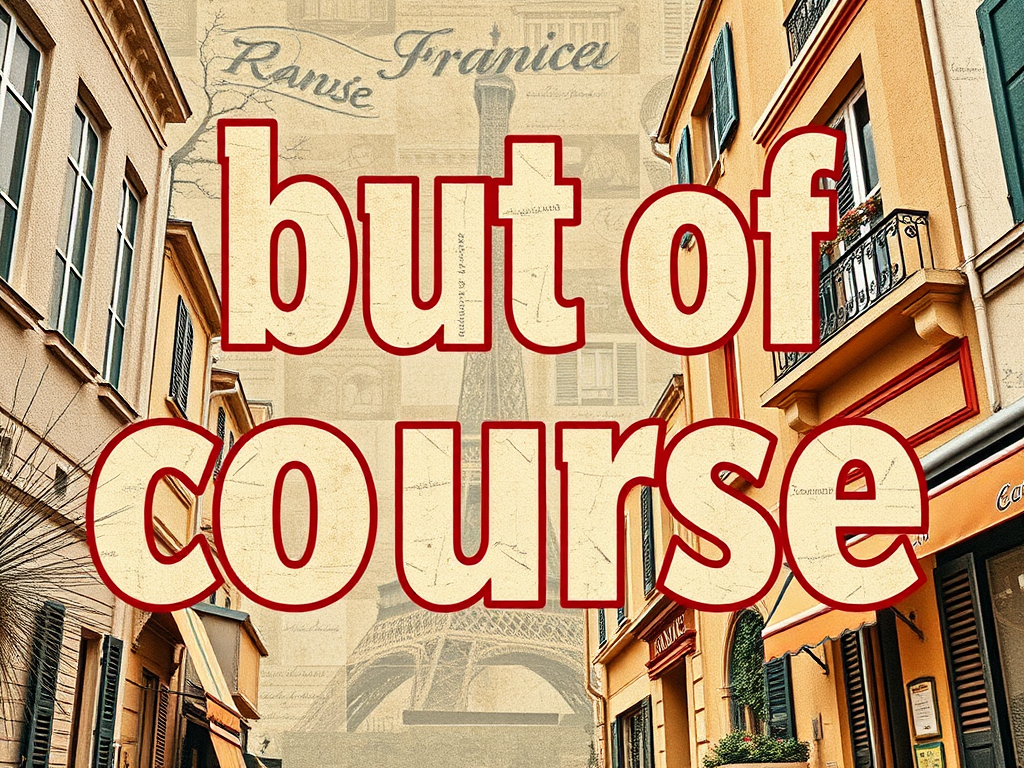Friends in French

In French, the word for "friends" is amis. This term is used generally to refer to a group of friends, regardless of gender. However, French has gendered nouns, so there are some nuances to be aware of when using this word in different contexts.
French Translations for "Friends"
General Usage
The most common way to say "friends" in French is amis [ami]. This word is used when referring to a mixed group of friends or when the gender of the group is not specified.
Example: J'ai beaucoup d'amis à l'université. (I have many friends at university.)
Gender-Specific Usage
When referring to a group of exclusively male friends, you would still use amis. However, for a group of only female friends, the term changes to amies [ami].
Example: Mes amies et moi allons faire du shopping. (My friends and I are going shopping.) 👯♀️
Singular Forms
It's worth noting that the singular forms are:
- ami [ami] (male friend)
- amie [ami] (female friend)
Example: Il est mon meilleur ami. (He is my best friend.) 🤝
Here's a helpful table summarizing the translations:
| English | French | Pronunciation (IPA) |
|---|---|---|
| Friends (general/male) | amis | /ami/ |
| Friends (female) | amies | /ami/ |
| Friend (male) | ami | /ami/ |
| Friend (female) | amie | /ami/ |
Other Ways to Express Friendship
Informal Terms
In more casual settings, French speakers might use terms like:
- potes [pɔt] (buddies)
- copains/copines [kɔpɛ̃/kɔpin] (pals)
Example: On va boire un verre avec mes potes ce soir. (We're going for a drink with my buddies tonight.) 🍻
Expressing Close Friendship
To emphasize a close friendship, you might use:
- meilleurs amis (best friends)
- amis proches (close friends)
Example: Nous sommes amis proches depuis l'enfance. (We've been close friends since childhood.)
Remember, language is alive and ever-changing. While these are the standard ways to say "friends" in French, you might encounter regional variations or new slang terms as you delve deeper into French culture and conversation. 🇫🇷💬






